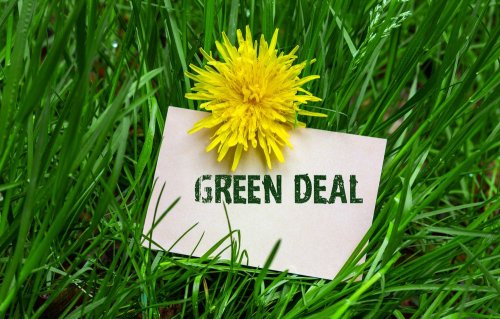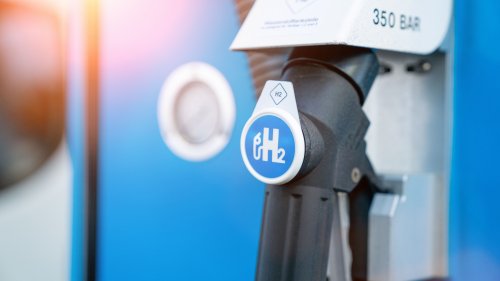MEPs on Wednesday, September 14, voted for setting a limit on the amount of primary woody biomass that can be considered a source of renewable energy, and its exclusion from subsidies.
For years, the EU's Renewable Energy Directive (RED) has encouraged member states to burn more and more wood as part of climate action, even though it increases emissions over decades compared to fossil fuels, reports World Wildlife Fund WWF.
Alex Mason, head of EU climate and energy policy at WWF's European Policy Office, noted that the bloc's policy on bioenergy is a serious climate threat and has been a stain on the EU's climate leadership for years.
"But this day marks a turning point: for the first time, an EU institution has recognized that burning trees may not be the best way to abandon fossil fuels and stop rapid climate change," he said.
Mason also added that the parliamentary majority is still in the grip of the biofuel lobby. And some MEPs still haven't realized that growing crops for burning only increases emissions compared to fossil fuels.
The material also noted that The European Parliament failed to introduce strict sustainability criteria for hydropower after intense lobbying by conservative groups. They only voted for hydropower production at stations that comply with the Water Framework Directive – an obligation already enshrined in the Water Act.
However, hydropower plants are destroying Europe's last free rivers and accelerating the loss of migratory fish species, including salmon and eel. The construction of new hydroelectric power plants contradicts the goal of the EU Biodiversity Strategy to restore free-flowing rivers. The article emphasized that nature must be taken into account when switching to RES.
Claire Baffert, senior water policy specialist at WWF's European office, explained that unrestricted hydropower development is completely at odds with the EU's water and biodiversity policy and is not a sustainable solution to achieving climate neutrality. After all, even small hydropower plants fragment rivers and have a great impact on nature, while producing a small amount of electricity.
"We need to make sure that hydropower does not do more harm than good, so sustainability criteria must be introduced as soon as possible. The council needs to ensure that strict sustainability criteria for hydropower are included in the final text," she said.
The article also noted that since the European Parliament has taken the first steps towards a more sustainable and truly renewable source of energy, it is now up to member states in the Council to explain to their citizens why burning more trees is not the way to deal with the climate emergency.
"Negotiations are ongoing regarding the European Commission's proposals for REPowerEU, which include ill-conceived exemptions from EU environmental legislation, so further major battles can be expected in the coming months," the article added.
Earlier, EcoPolitic wrote, that on July 6, the European Parliament voted to include natural gas and nuclear power plants to the list of green investments.
As EcoPolitic previously reported, negotiations are underway in the EU regarding revision of the Emissions Trading Scheme (ETS) against the background of the energy crisis, the cessation of russian gas supplies and worsening climate change.





